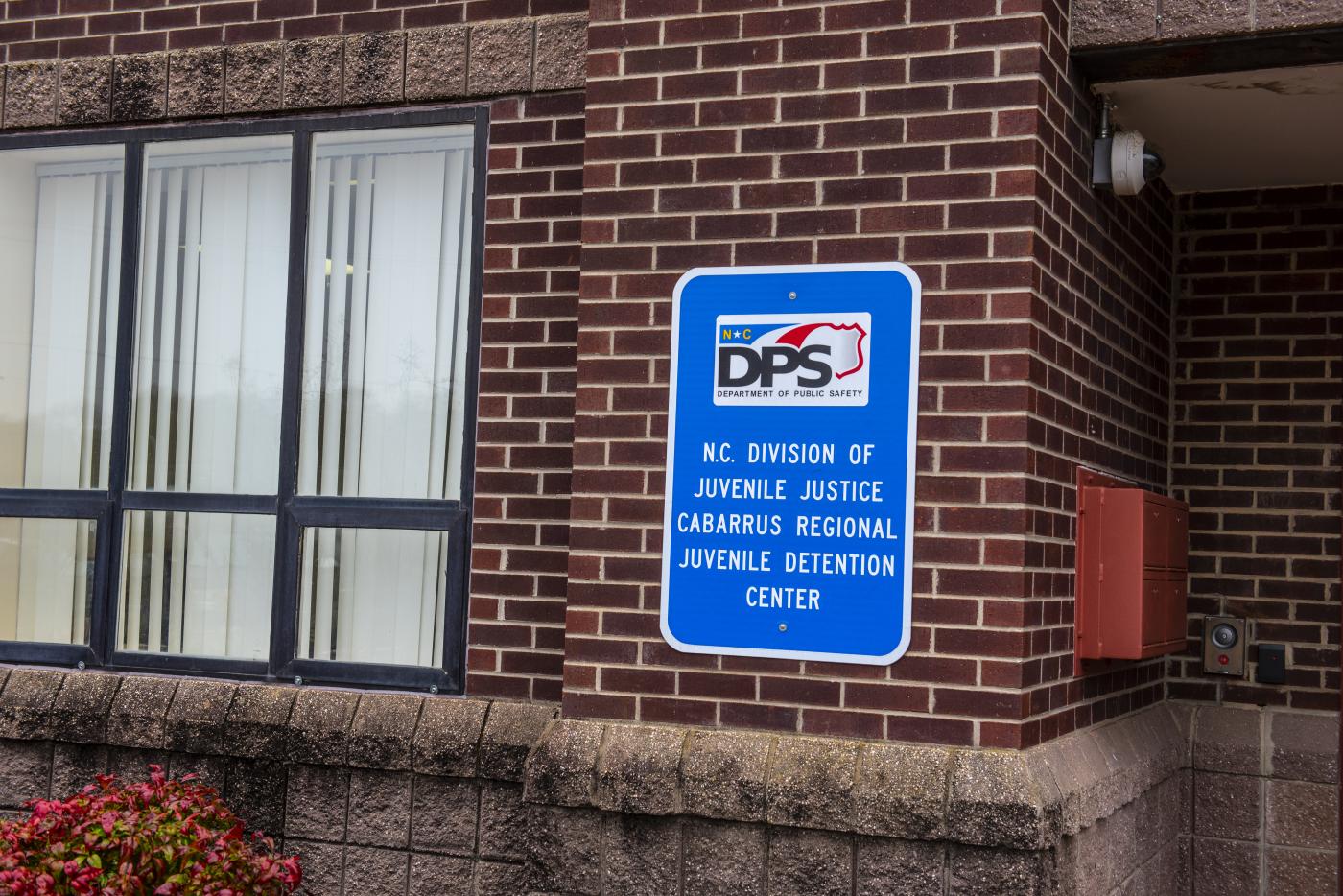Author: Kimberly Quintus, Director-Juvenile Justice Reinvestment Act
A major change has arrived in the Juvenile Justice section, for the second time in just nine months. Last December, North Carolina’s juvenile justice system began implementing “Raise the Age,” providing most youth aged 16 and 17 who commit crimes with access to services through Juvenile Justice, rather than adult court. Some offenses, however, must by statute be heard from beginning to end in the criminal court (adult) system. For instance, cases involving youths with certain prior adult convictions, emancipated youth and youth aged 16 or 17 alleged to have committed a Chapter 20 motor vehicle offense never have their cases heard in juvenile court. Until recently, if a judge ordered a youth held in secure custody before trial, or if they were ordered to serve short periods of incarceration following conviction, they were housed in county jails.
 Recently enacted legislation (Session Law 2020-83, or HB593) changed that practice. As of Aug. 1, 2020, youth under age 18 who in the past would have been confined in local jails will now be detained in a juvenile detention center in North Carolina.
Recently enacted legislation (Session Law 2020-83, or HB593) changed that practice. As of Aug. 1, 2020, youth under age 18 who in the past would have been confined in local jails will now be detained in a juvenile detention center in North Carolina.
Juvenile Justice staff are quickly familiarizing themselves with the criminal court forms and new processes as they begin to receive criminal court youth whose offense occurs, new sentence is imposed, or new imprisonment is ordered on or after Aug. 1, 2020. Juvenile Justice is also leveraging its partnerships with law enforcement, the Administrative Office of the Courts, district attorneys, magistrates and clerks, judges and court personnel, public defenders and private counsel, and professional organizations, which are integral to the success of H593 implementation.
The increase in juveniles in secure custody, through this recent action and in connection to Raise the Age, brought about an expanded need for juvenile detention beds. Currently 307 juvenile detention beds, 174 of which are state-operated, exist across the state. This represents a 62% increase in beds since the authorization of the Juvenile Justice Reinvestment Act (Raise the Age) nine months ago. Some additional detention bed space, in use now and planned for the future, was funded by the General Assembly and has been directed toward the renovation of existing facilities such as the state-operated C.A. Dillon and Perquimans juvenile detention campuses.
The following may be points of interest as North Carolina begins housing criminal court youth aged 16 and 17 in juvenile detention.
- H593 was ratified by the General Assembly on June 26 and signed on July 1, 2020.
- H593 does not expand the age of juvenile jurisdiction, but rather affects only the secure housing of criminal court youth aged 16 or 17.
- H593/S.L. 2020-83 covered youth will not be assigned a juvenile court counselor, as these youth begin their criminal justice experience in criminal, rather than juvenile court.
- Youth detained under the auspices of H593 will receive the same screenings and assessments, services and treatment as youth currently detained in juvenile detention.
- All terms of imprisonment related to underlying felony offenses or violations of felony probation for this age group will continue to be served at Prisons’ Foothills Correctional Institution, except for split sentences (also known as special probation). Youth serving split sentences will be held in juvenile detention.
- NCGS § 7B-2204(d) still applies to transfer to superior court youth, prescribing they cannot be detained in a juvenile detention center after sentencing. NCGS 7B-2204(d) does not apply to youth covered under H593; those are youth beginning in criminal court.
- Juvenile Justice worked with the UNC-School of Government to produce a 10-minute video overview (below). UNC-SOG also produced a blog post on the subject.

